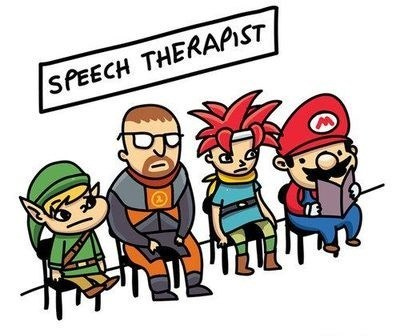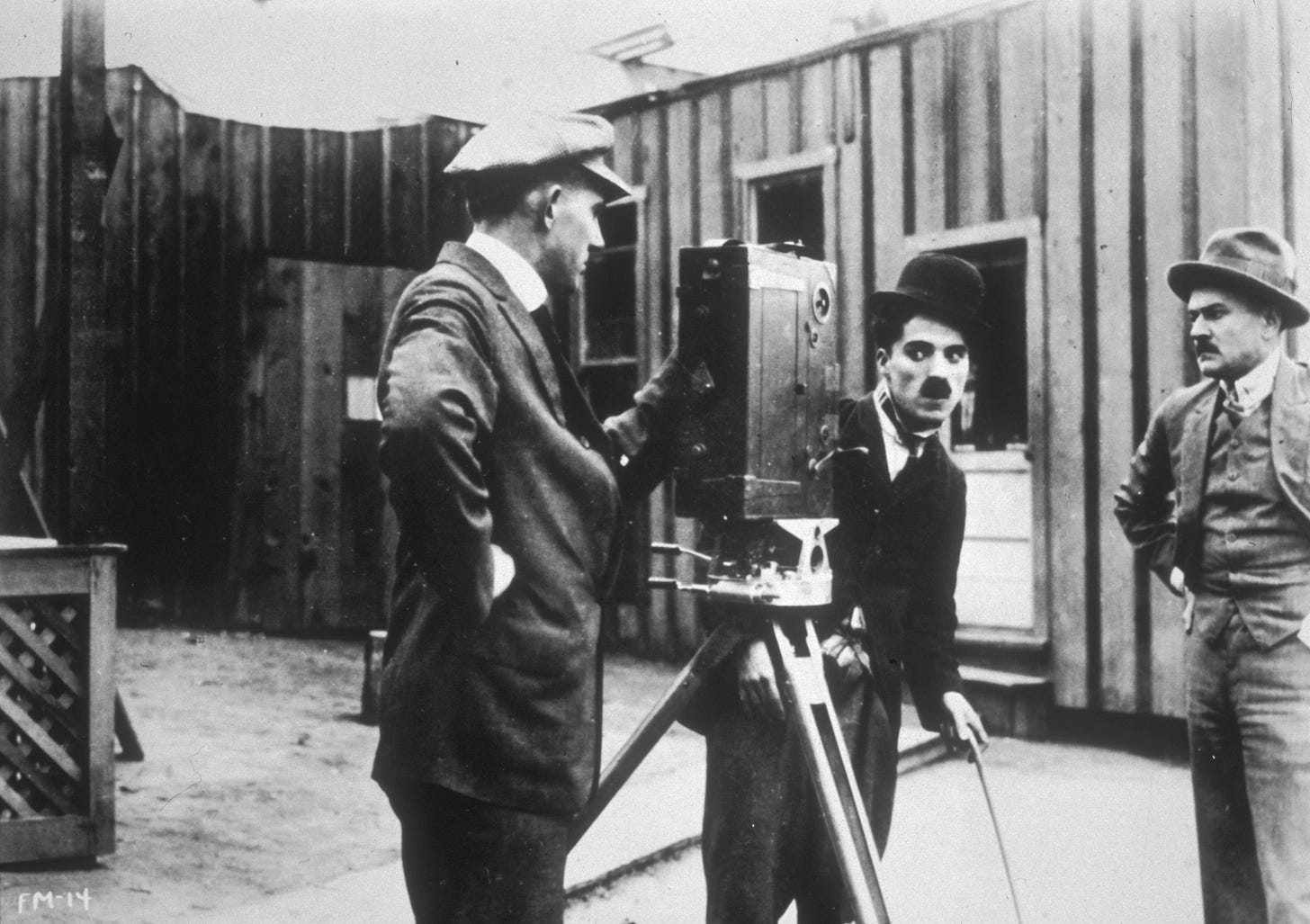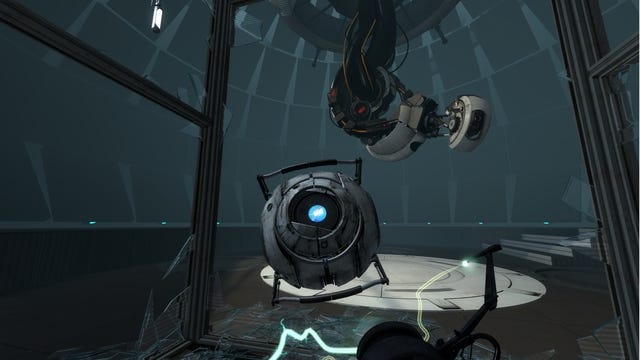Why is a silent protagonist often the best choice for a game?
I used to hate silent protagonists in games. However, I've changed my mind.
"Better to remain silent and be thought a fool than to speak and remove all doubt."
As a fan of narrative-focused games, it was hard for me to accept a situation in which the hero I controlled didn't speak. However, I've changed my mind and now find it to be something unique for the medium of video games. I hope you will do the same after reading this, or at least understand the reasons behind such a decision.
In the era of early video games, protagonists often didn't say a single word. Mario, Link, or Doomguy didn't speak. Technological limitations were the obvious reason, but those games were also more interested in finding fun in the gameplay than in telling stories.
In cinematography, silent films became extinct over the years when technological advancements allowed for making movies with sound.
It's different with games. Bioshock, Dishonored, Metro – it's easy to find examples of modern titles in which the main hero doesn't speak. Why?
A quick note: I don't mean an actual voice when talking about a silent protagonist. RPGs often don't have a voice-over for the main hero, but still allow us to say plenty of words. We just read instead of hearing them - mainly for immersion. Or budget. Or both.
Immersion is also the most obvious reason for making the protagonist silent. You're the main character. You're taking part in the game's world and reacting to it however you want. Your thoughts are the monologue of the main character whose actions are your decisions.
Hearing a voice may break that immersion - especially if it is different from your vision of your character.
There is also a risk of confusion when you hear a voice but you don't see who is speaking. Is that me? A voice in my head? Or another character?
That issue may occur when you can't see the lips of characters (e.g. in helmets) but it's especially common in first-person perspective games.
I used to work on an FPS prototype in which the main hero had another voice in his head. It wasn’t the best idea in hindsight.
During a playtest, many players weren't sure which voice belonged to whom. All that because they weren't introduced in a way that allowed for easy identification.
If it were today, I would write a scene that presents a main character's voice for the first time in the most unambiguous way possible – e.g. by responding to a call, showing visually that this is our hero speaking to a device. Or make the protagonist silent.
Such issues are more common. The creators of Portal's games, famous for playing with players' expectations, had an idea to end the Portal 2 story by breaking the rule of a silent protagonist. A deadlock between two antagonized AIs that can be ended only by a human.
In the final scene, Chell, the main hero who remained silent for both games, would say a single word: “Yes”.
It sounds like a funny idea, but playtests have revealed that it brought too much confusion – players were not even sure how to say it.
So sometimes it’s better to use the right to remain silent. Especially, since having the main character speak during gameplay is not a trivial task. The level design needs to go in paired with voice-over to make sure that the player will hear it in the right area.
Besides position, there are plenty of other actions that may impact the voice: e.g. the voice of a running or jumping person should sound different. And this is only the tip of the iceberg regarding how inventive players can be when it comes to ridiculous behaviors.
This is why games often take control away from players in the narrative moments – either fully (cutscenes) or partially (disabling running or moving). It helps with narration but limits the gameplay. So it's a matter of priorities.
Half-Life is a great example of a game that has prioritized uninterrupted control of the character by the player. Keeping the main character silent, even though his name and backstory are well known, helped with that. And that hasn't stopped Gordon Freeman from becoming iconic.
Question time!
Have you ever played a game in which your character was
joking when you were irritated
were scared when you were amused
feeling guilty when you were feeling badass?
Such dissonance is yet another reason for a silent protagonist.
It's fun when your character is saying what you feel, but it's worse when you're feeling completely different than "your" character.
Last but not least, silent protagonists allow for clever narrative twists - like subverting who we really are in the game world. In Bioshock, we start the game in a way that suggests that our character is not important in this world.
Without speaking a word, we can quickly forget that we control anybody in particular and treat the main hero as our avatar, sort of an empty vessel. And the game used that in a surprising final twist, revealing who we were controlled for the whole time.
This is the end of today's post. My main inspiration was the great article "Silence is Gordon" by @jeremy_peel in the magazine EDGE (#388). The great anecdote about the Portal 2 ending comes from there as well as a few good points in favor of the silent protagonists.








